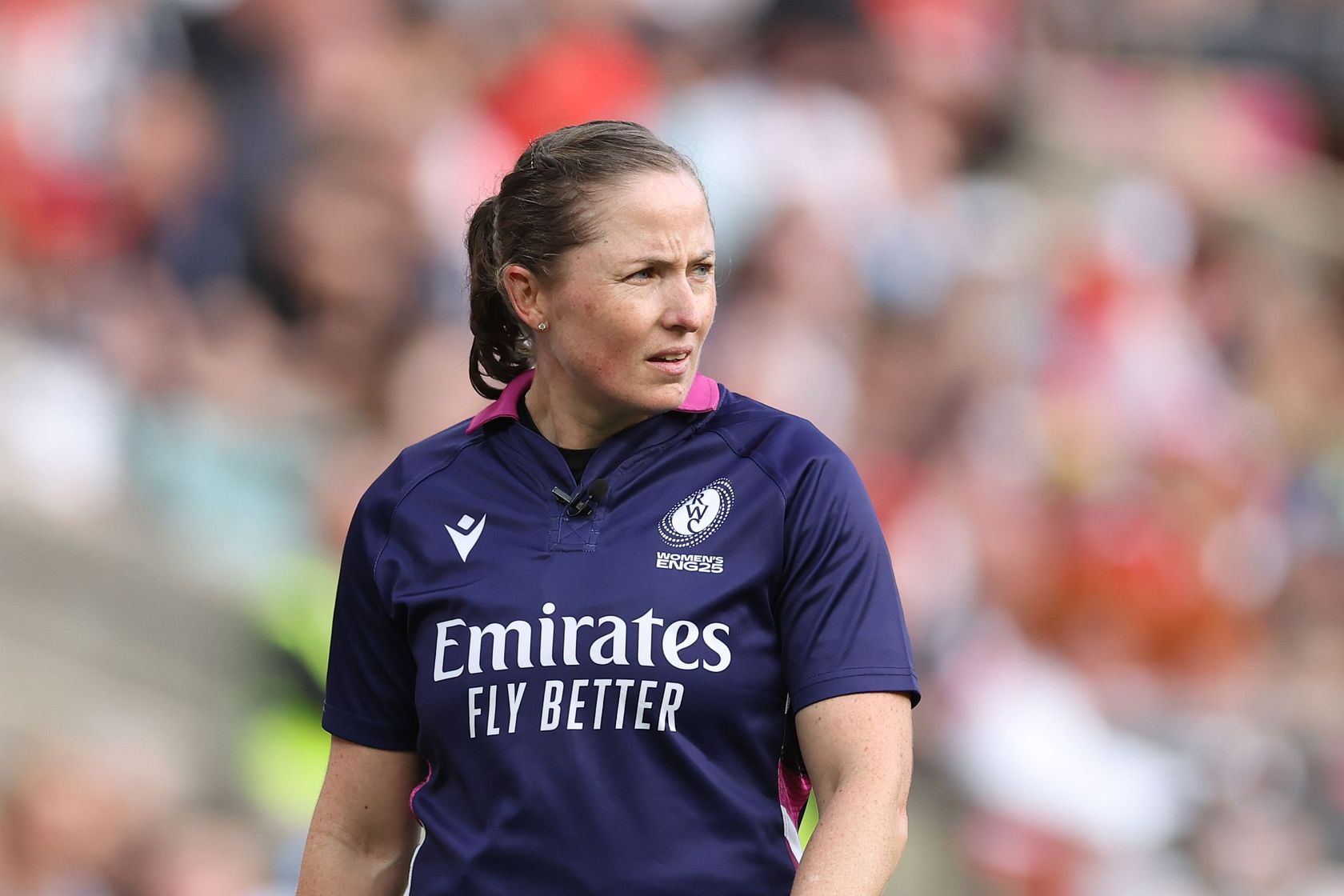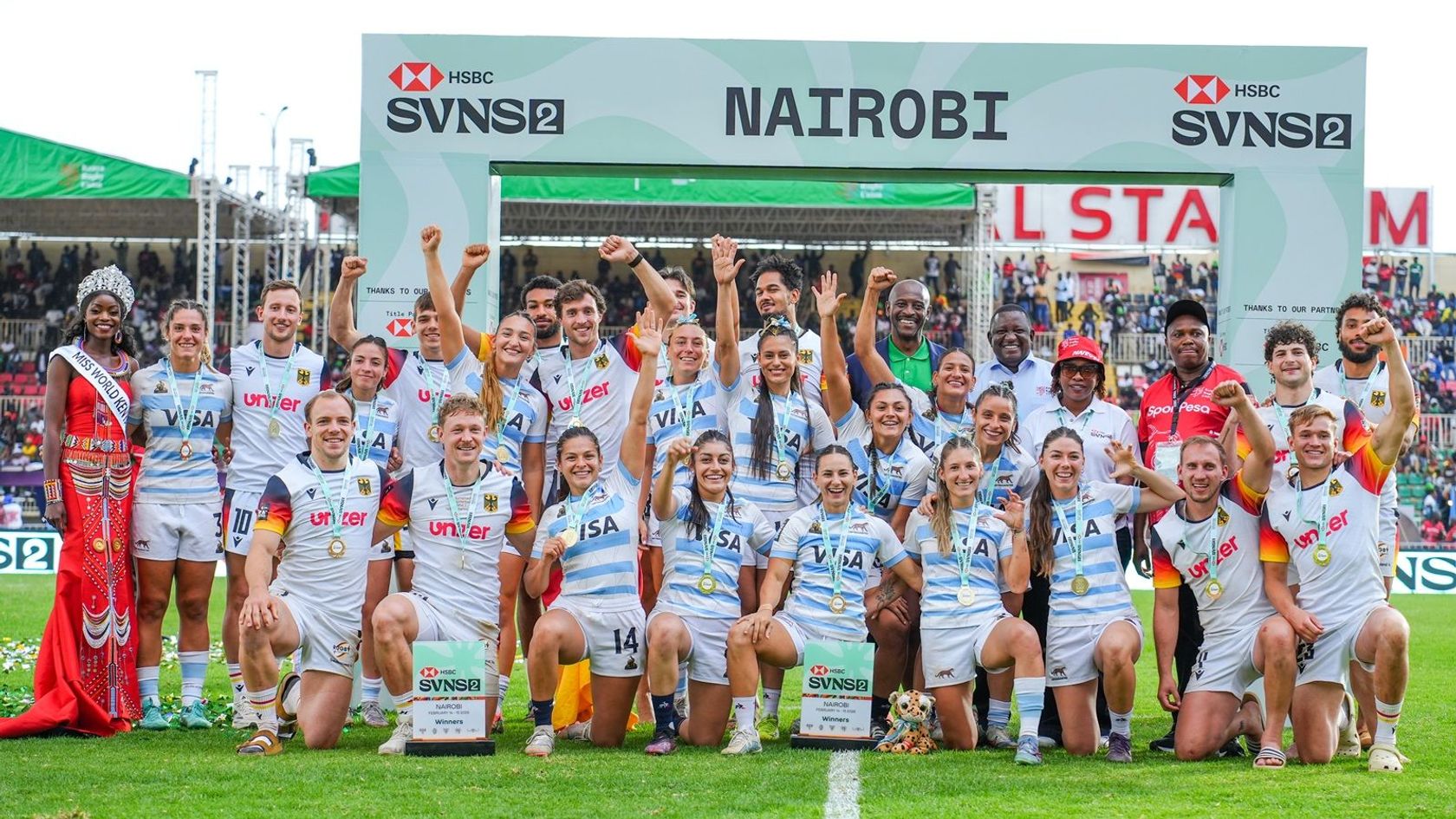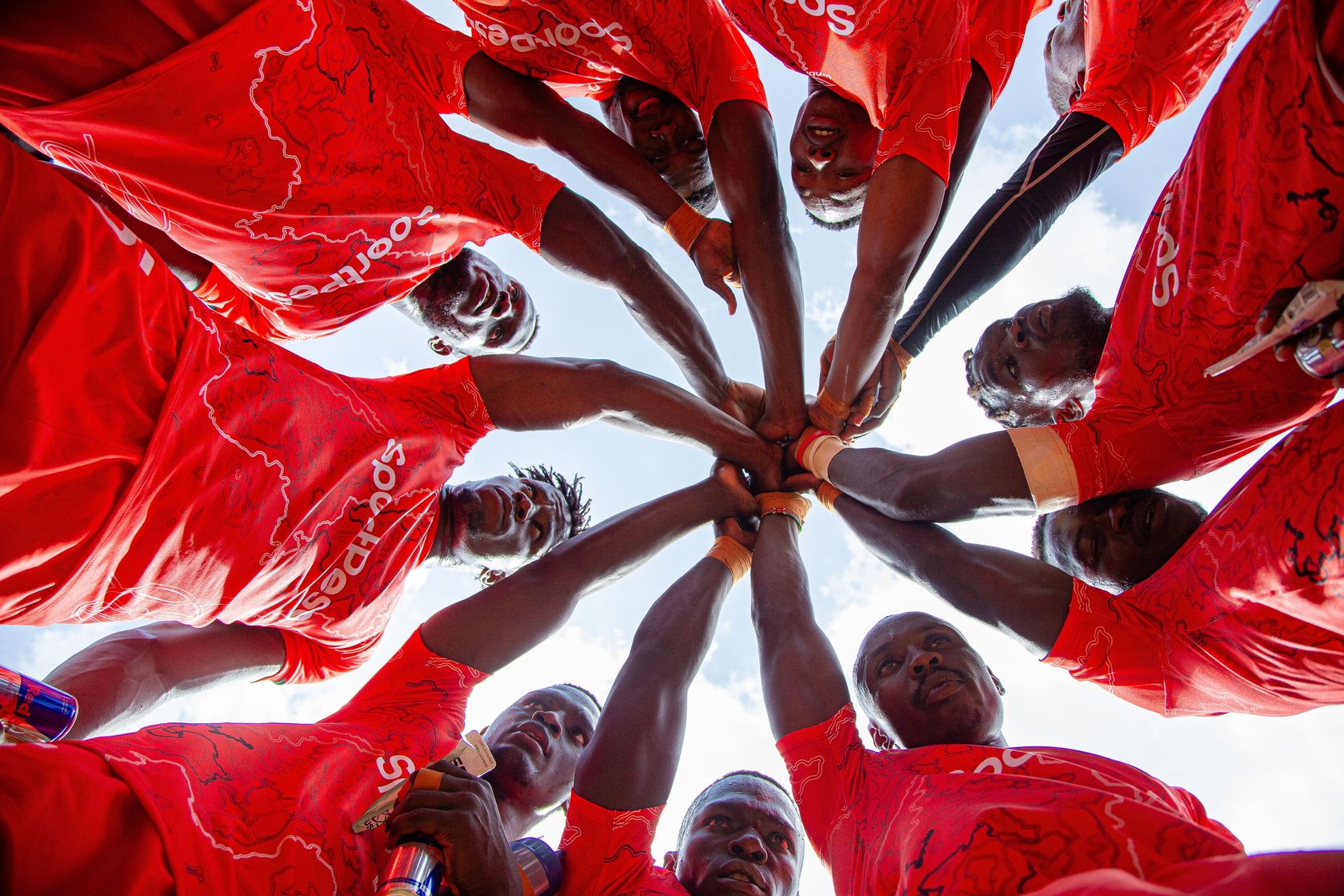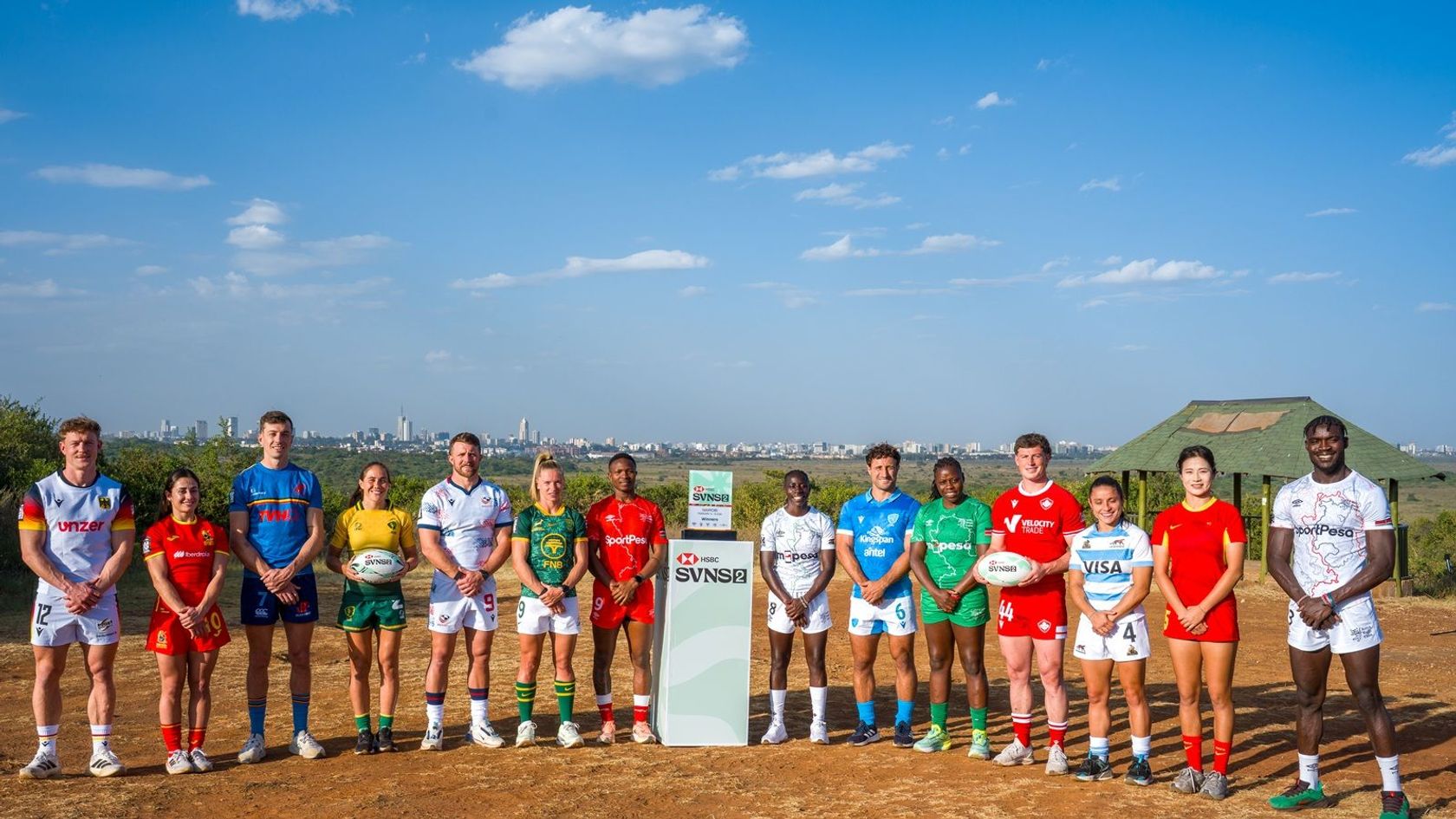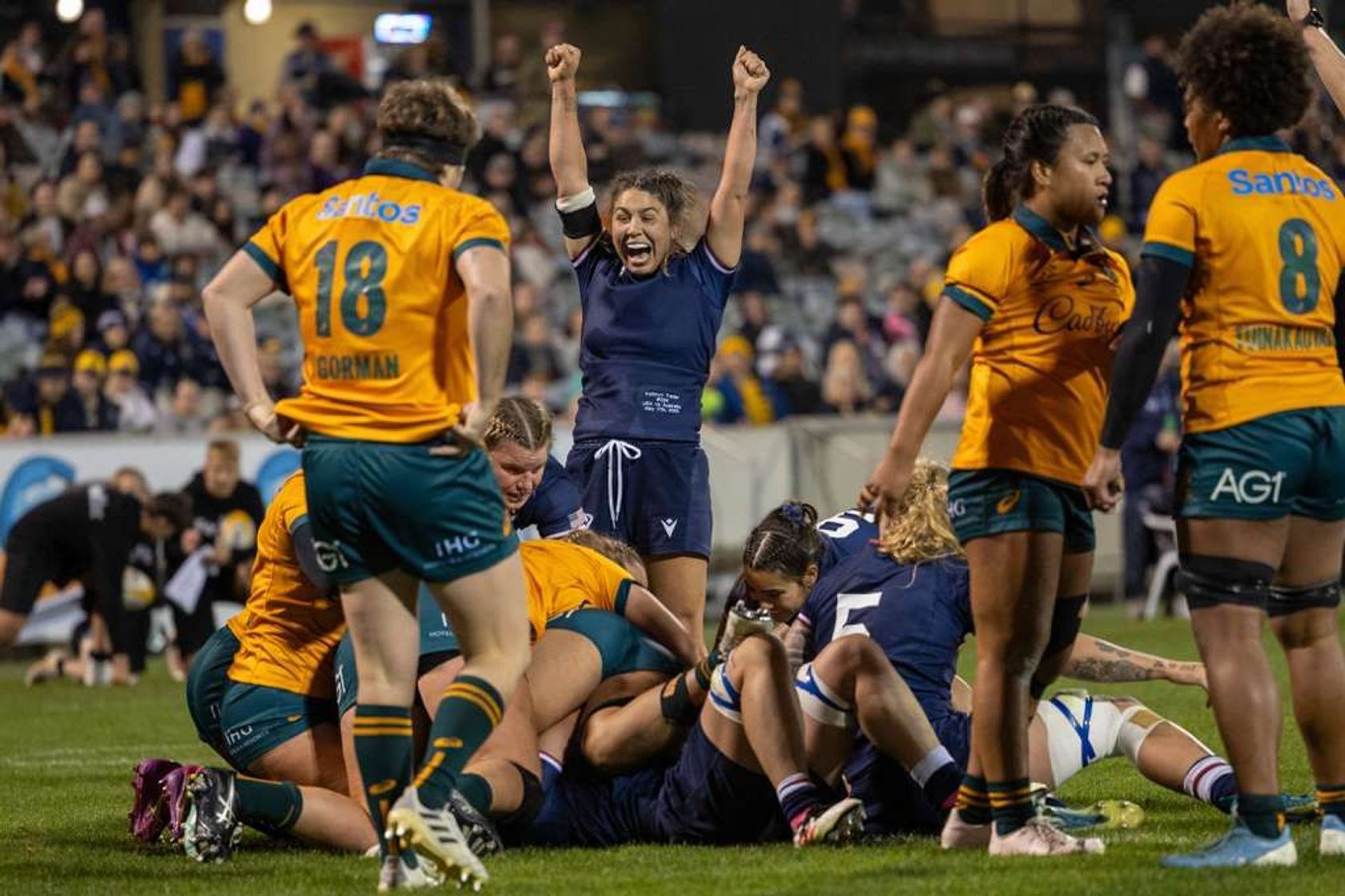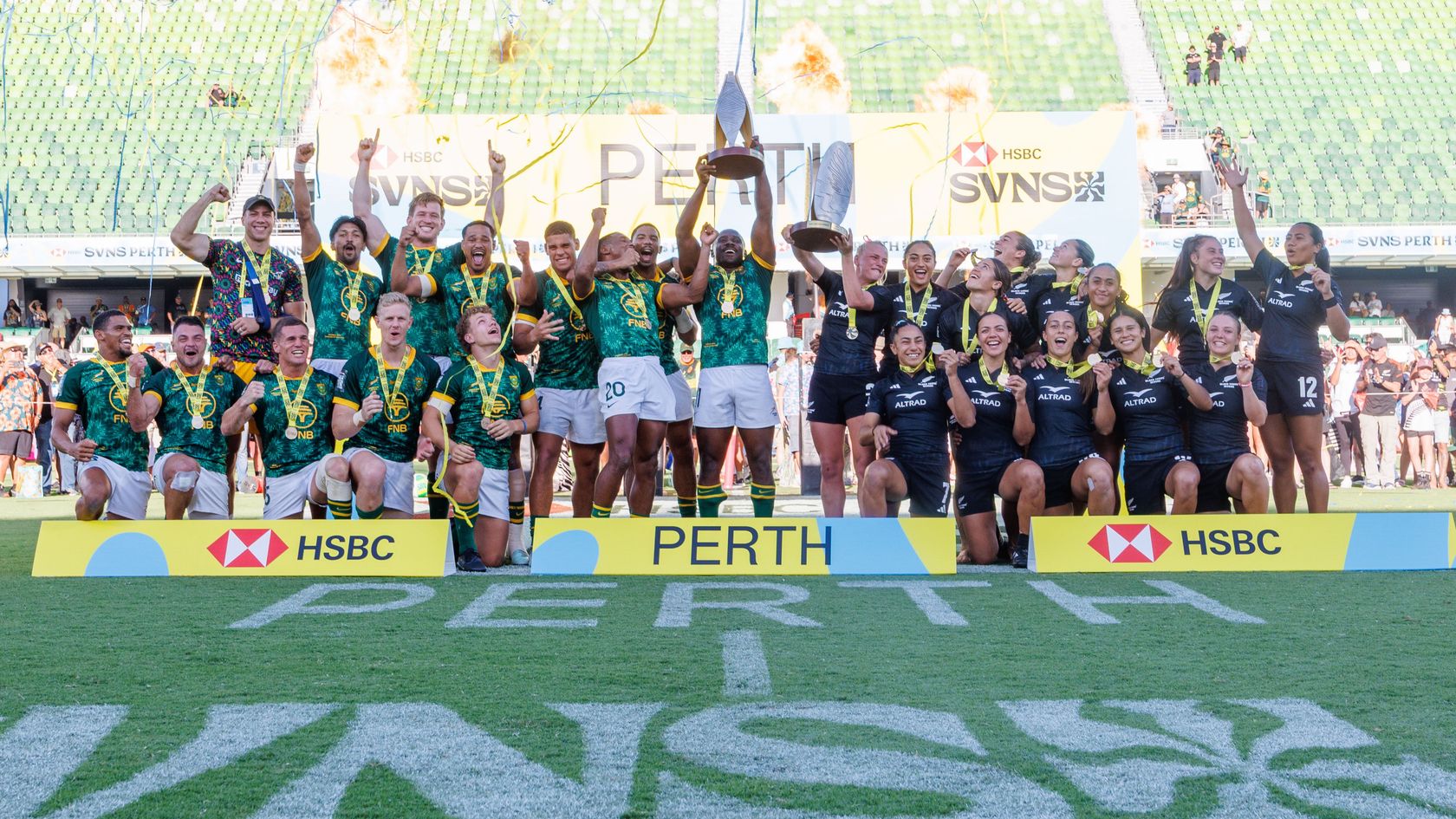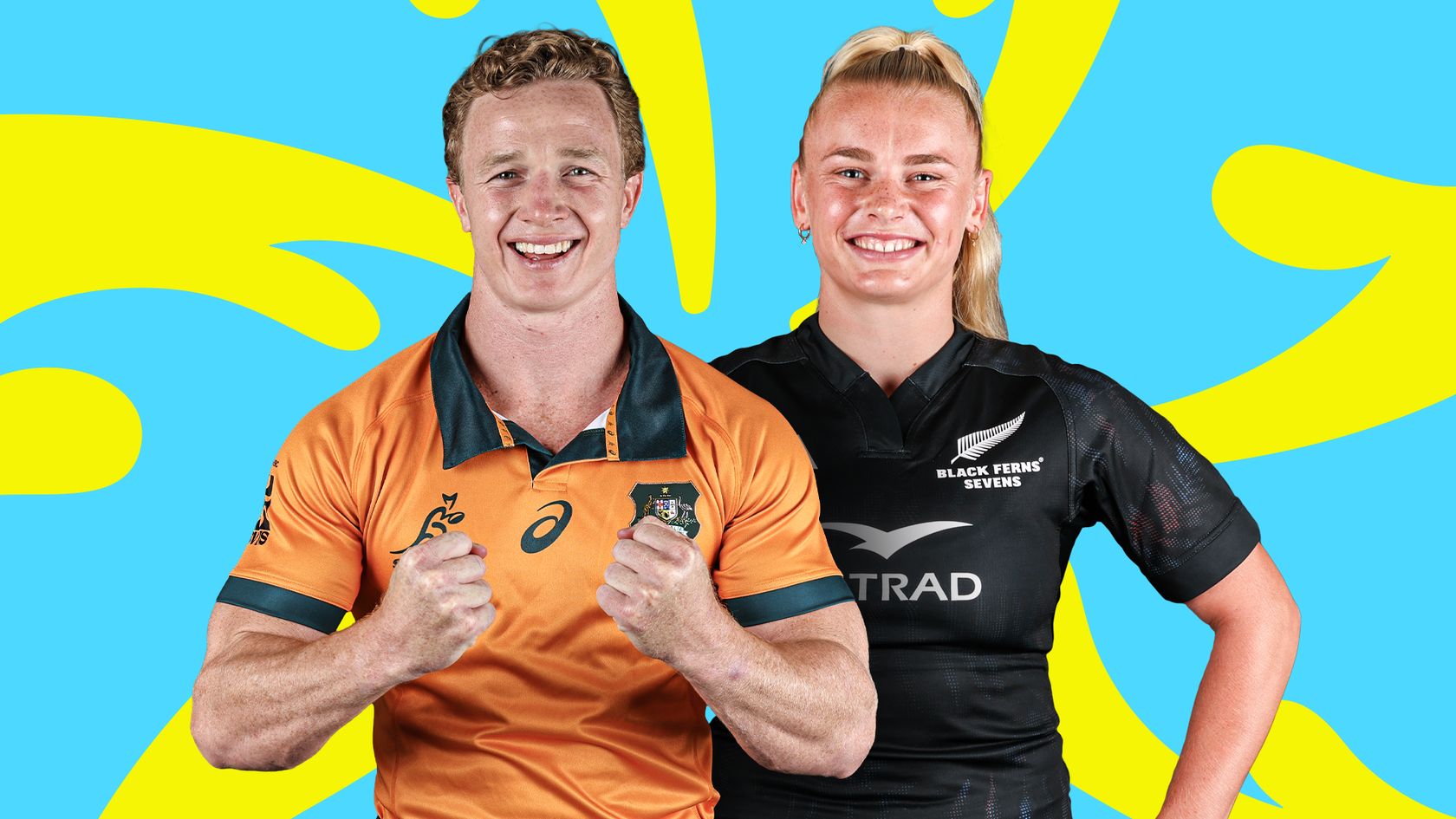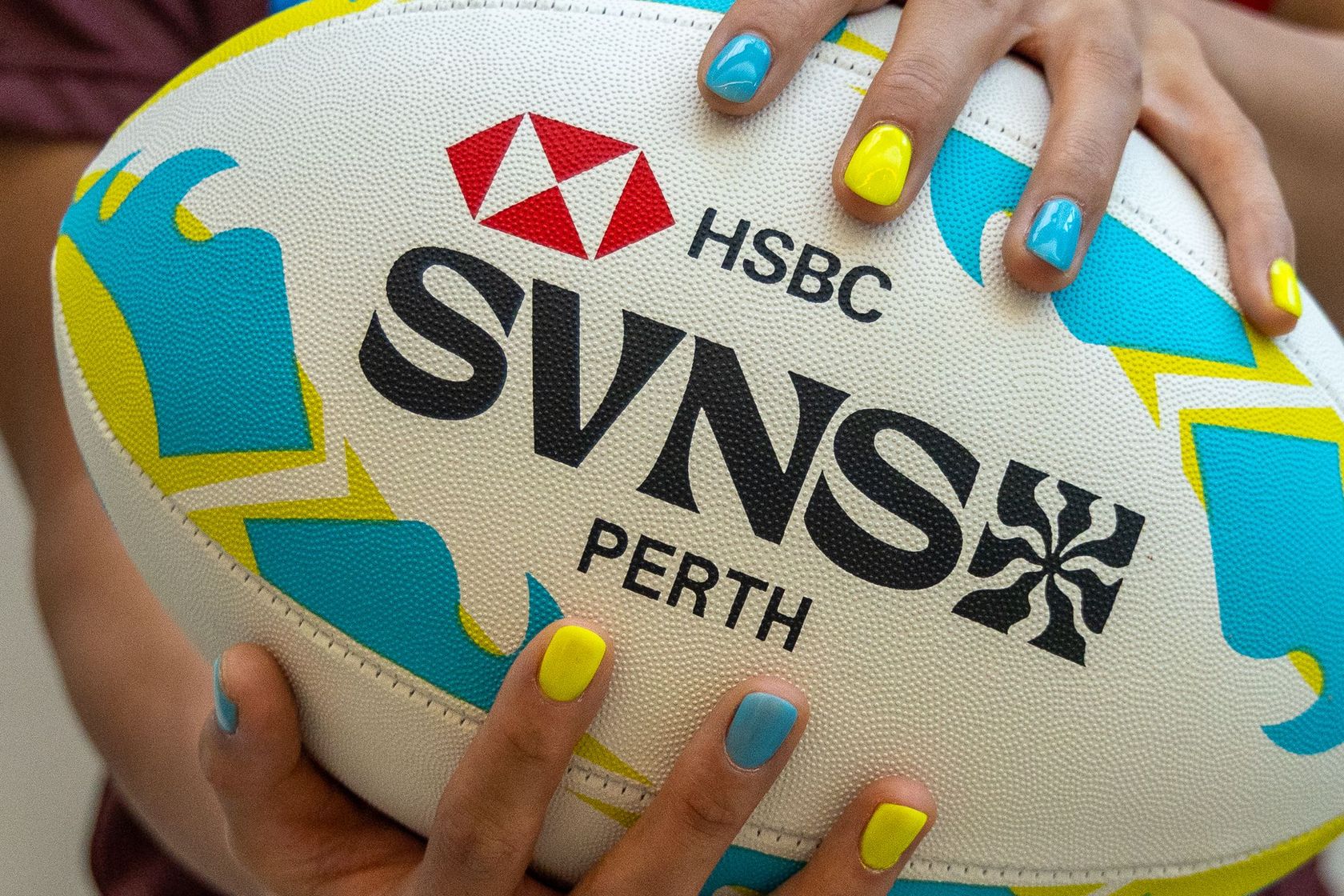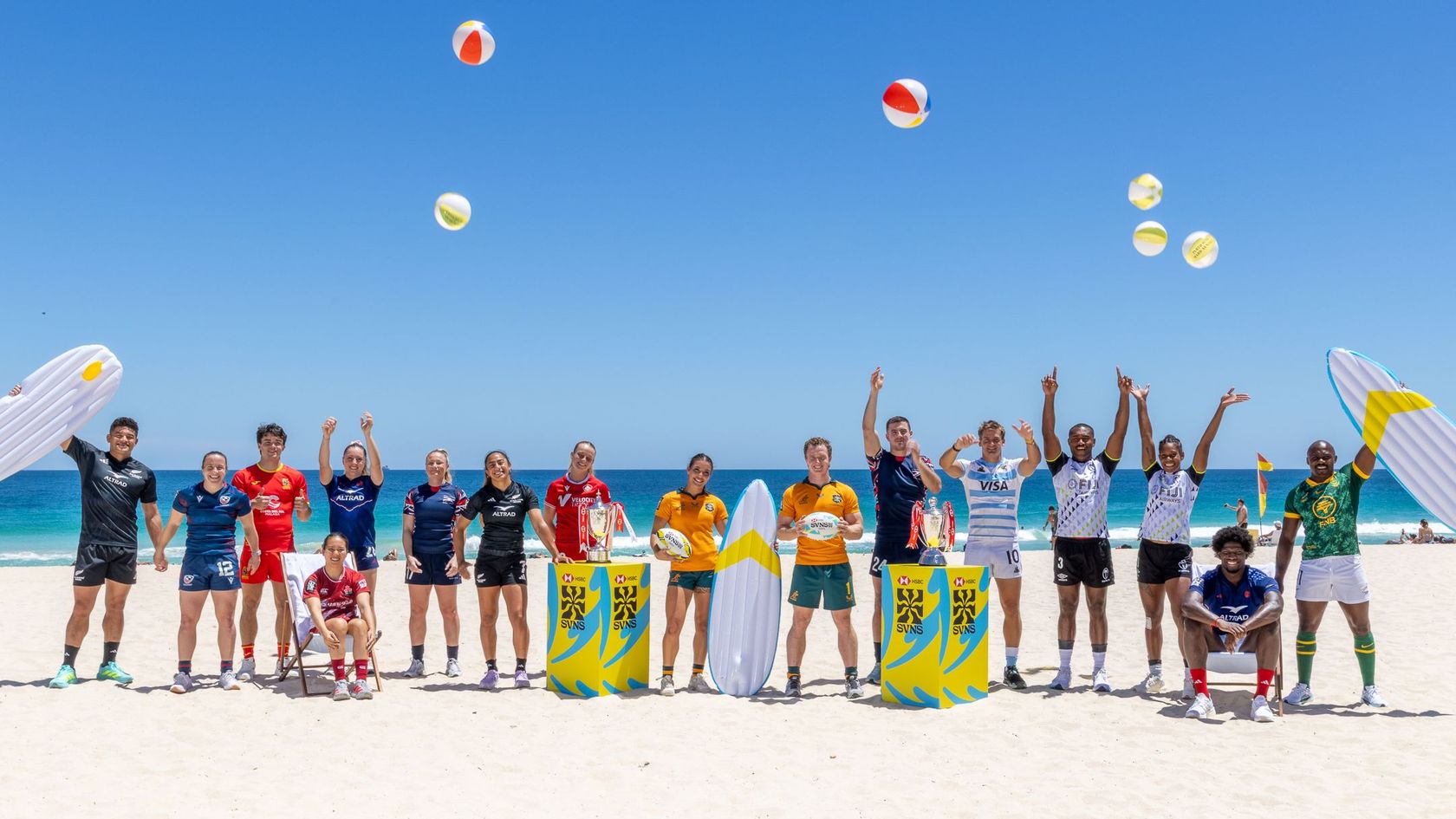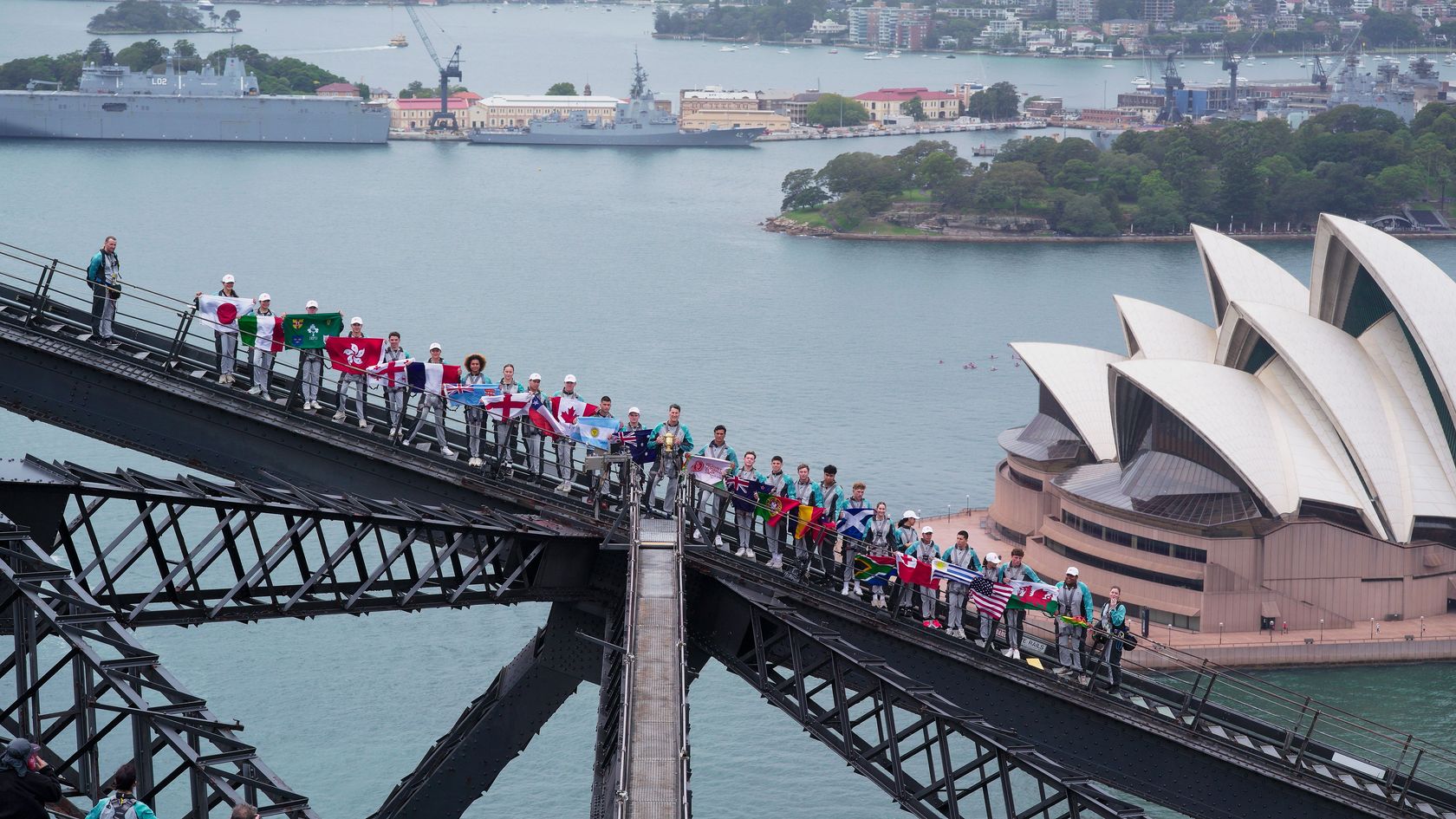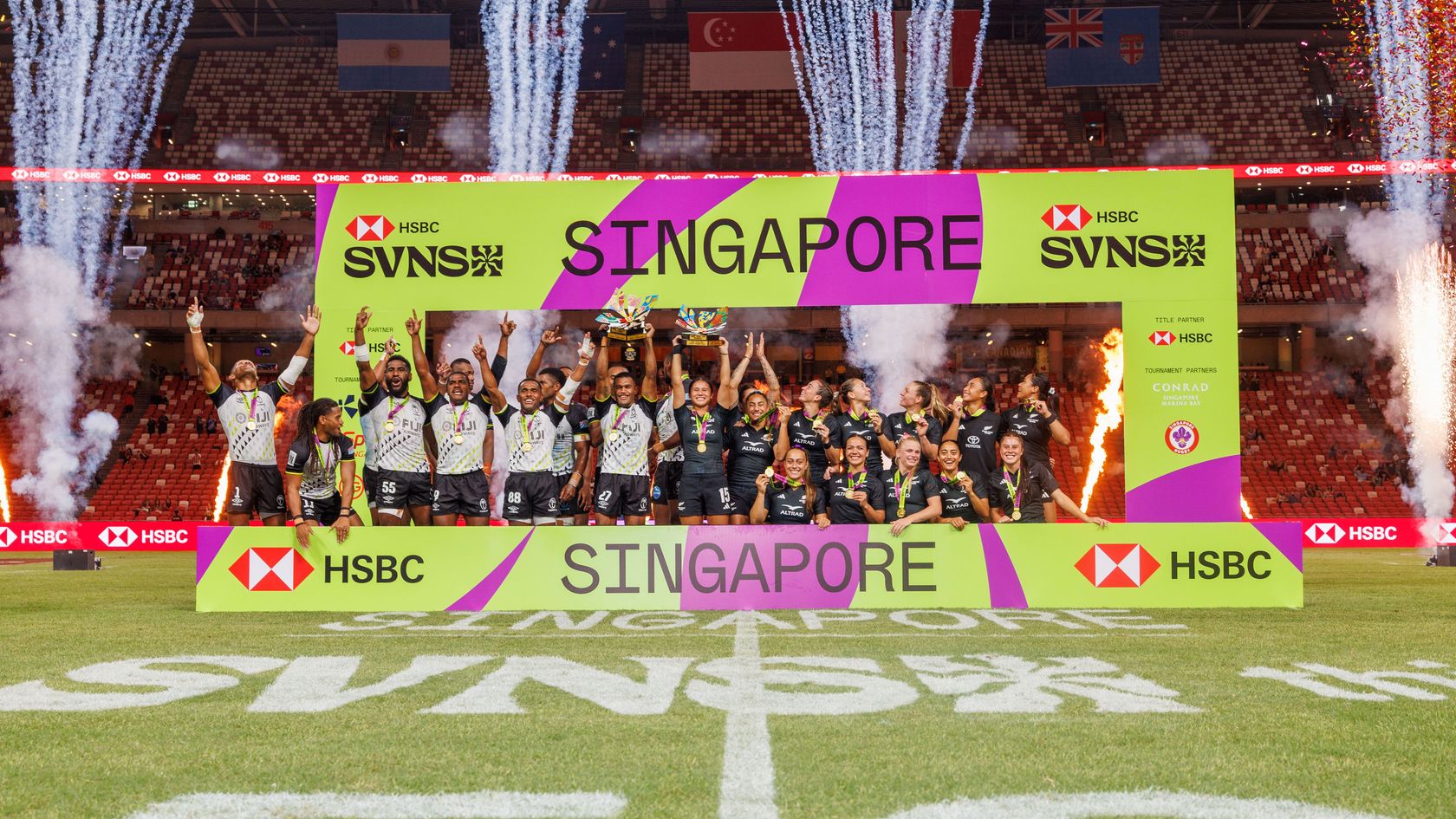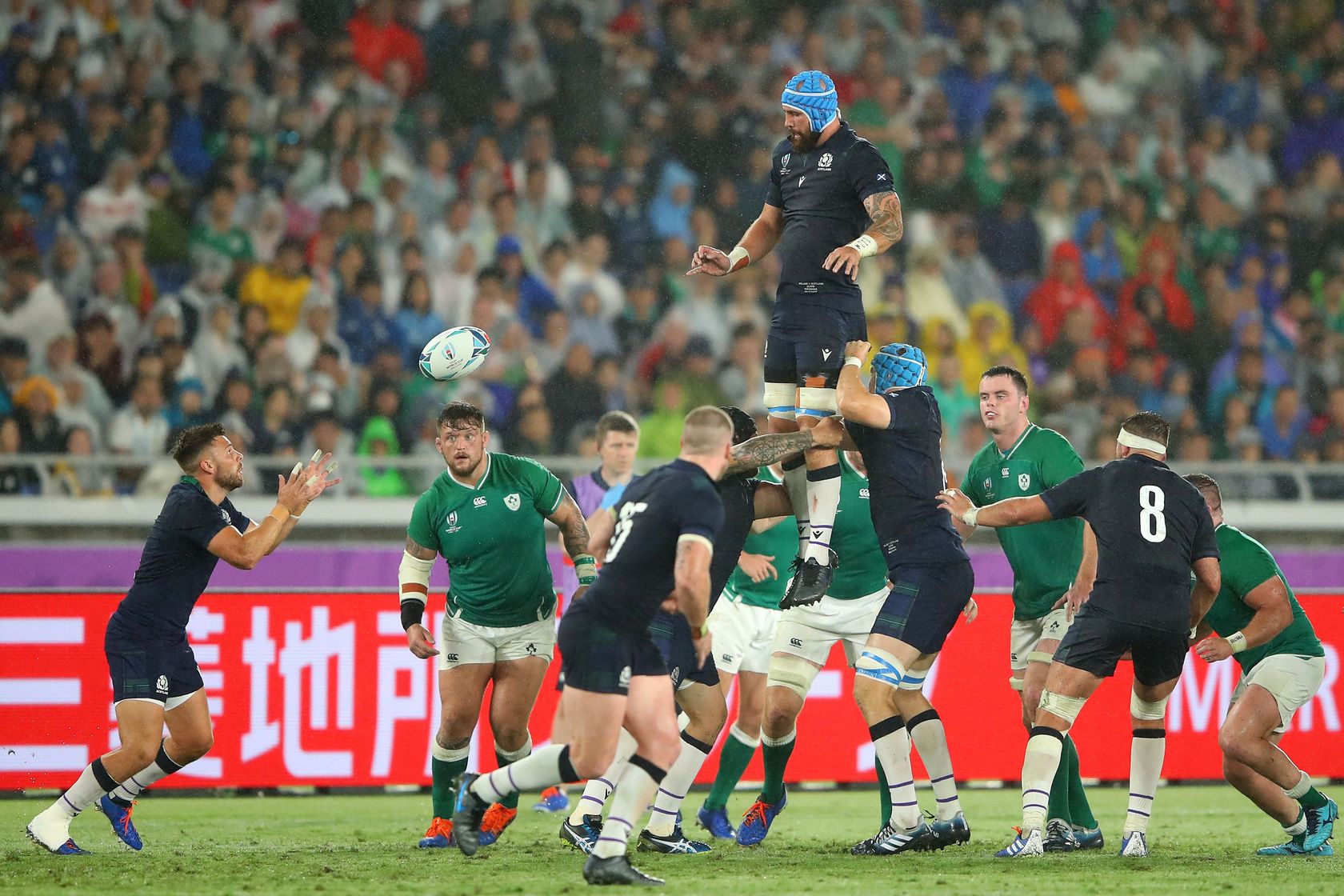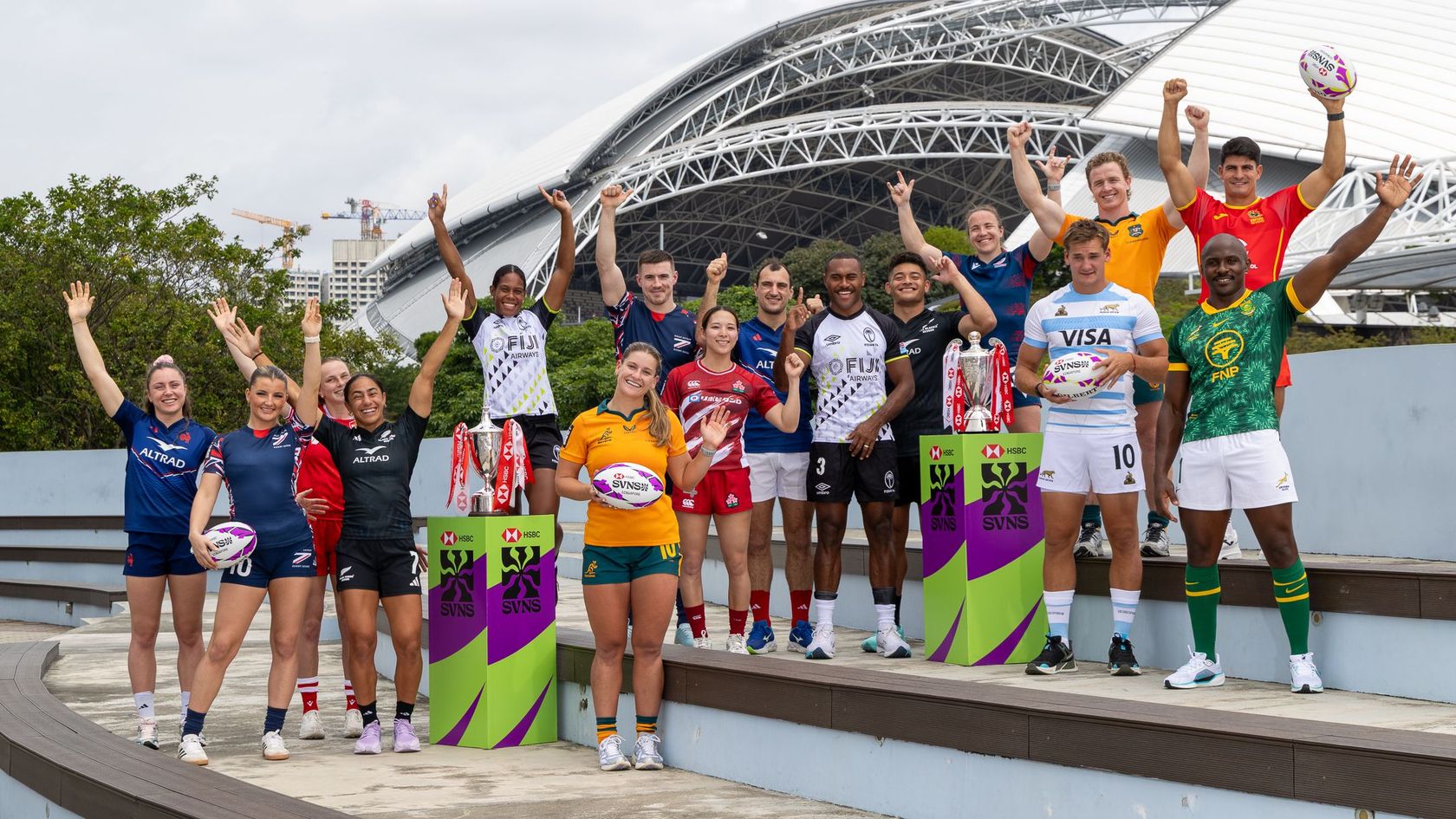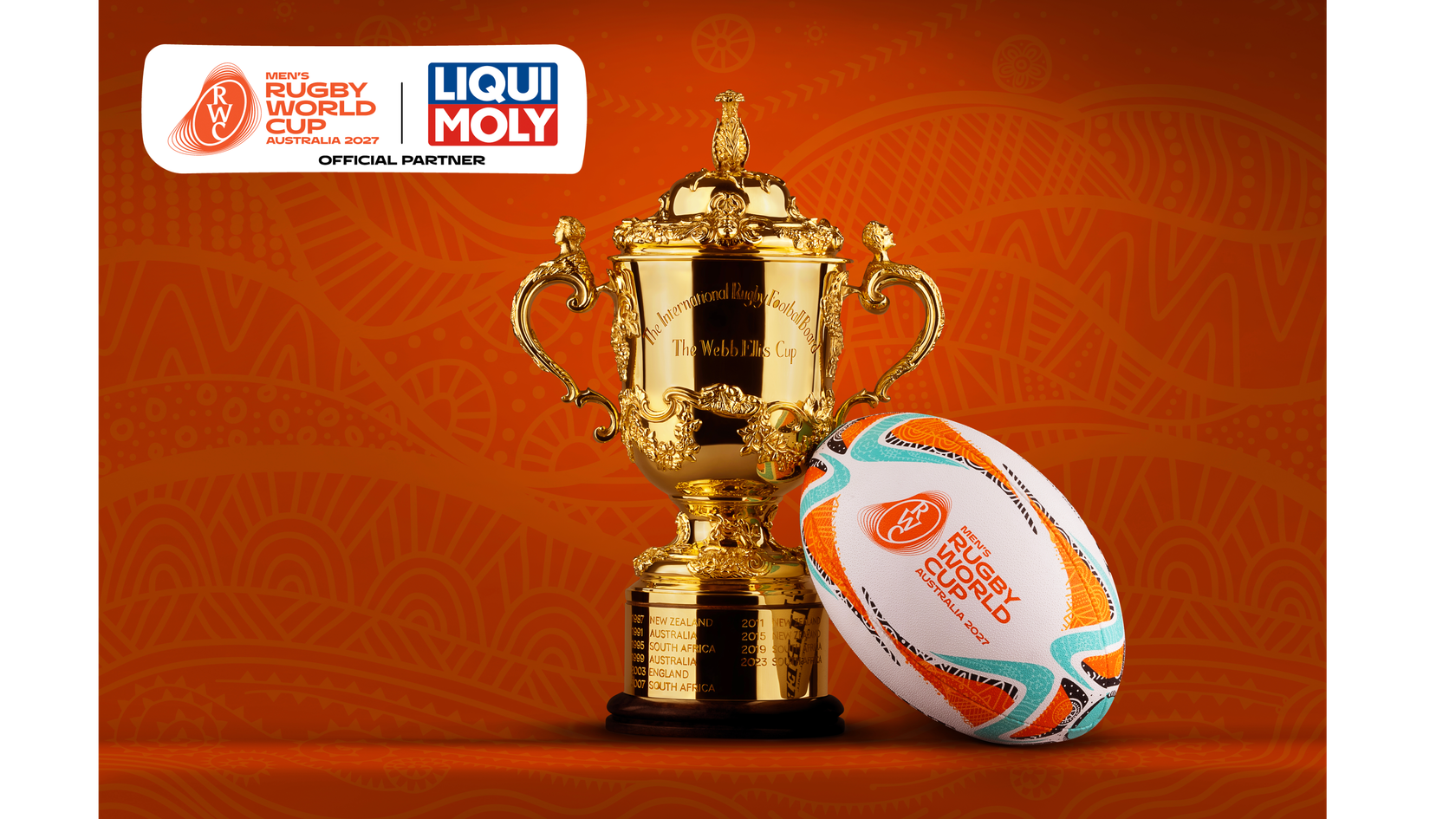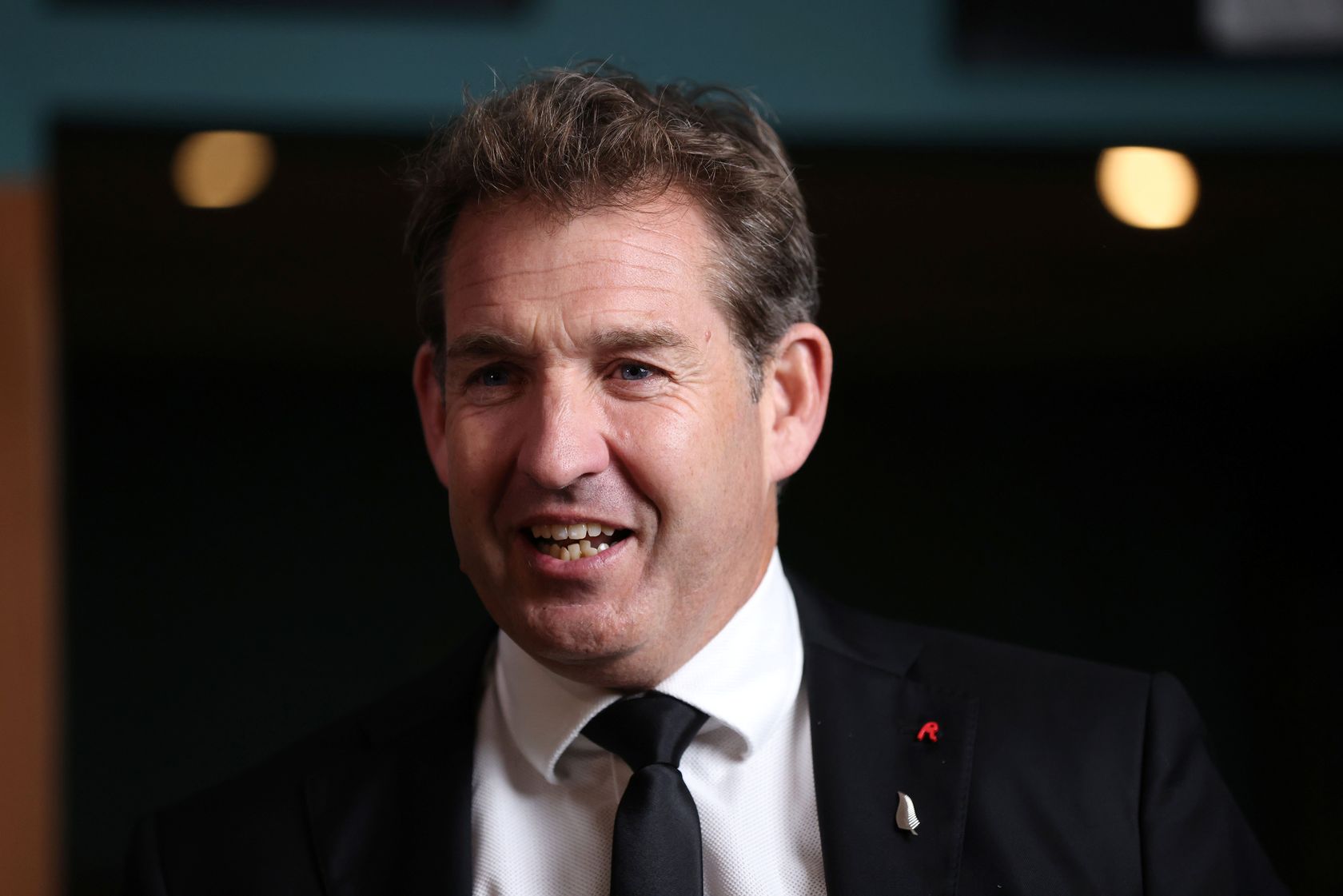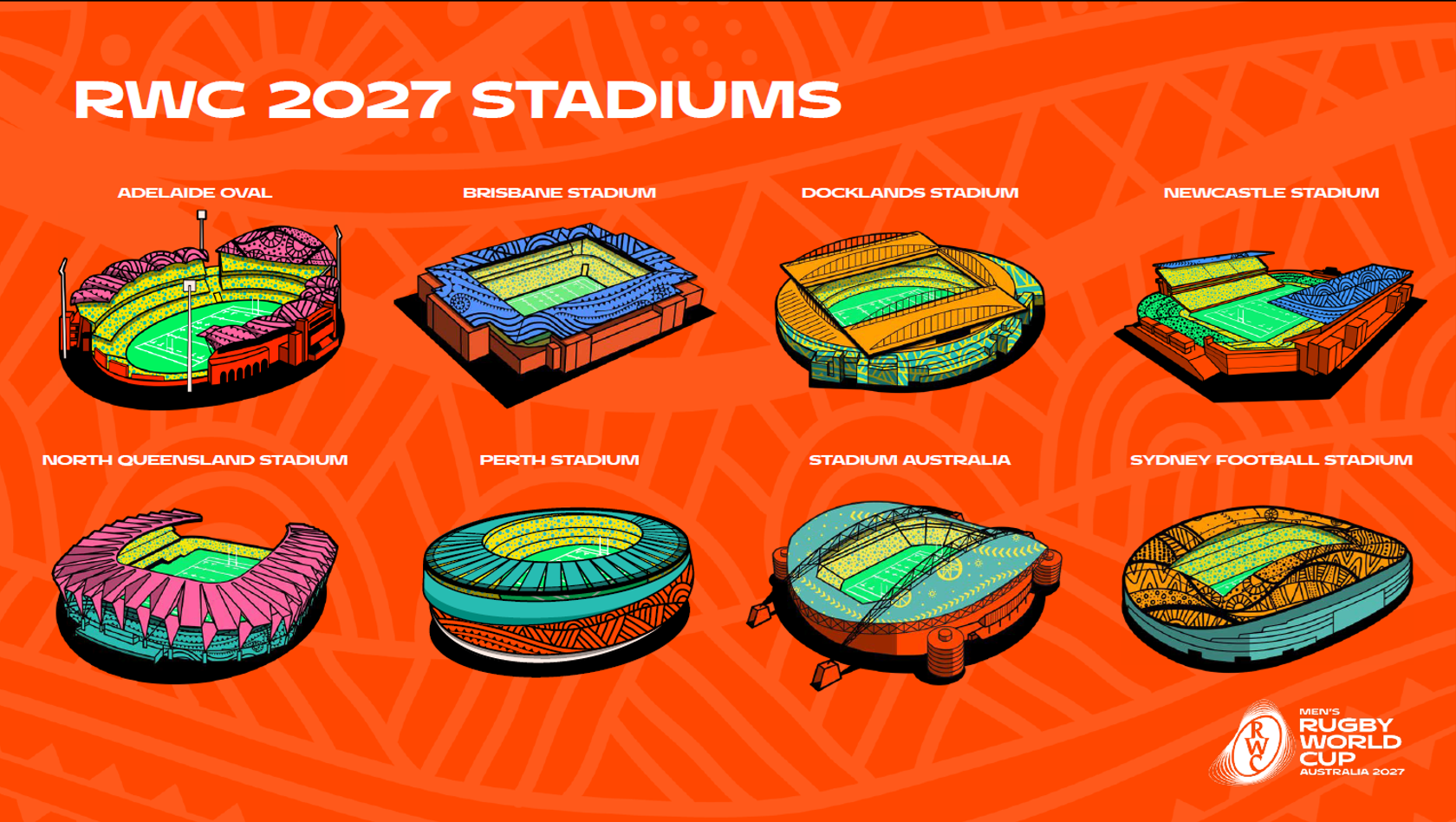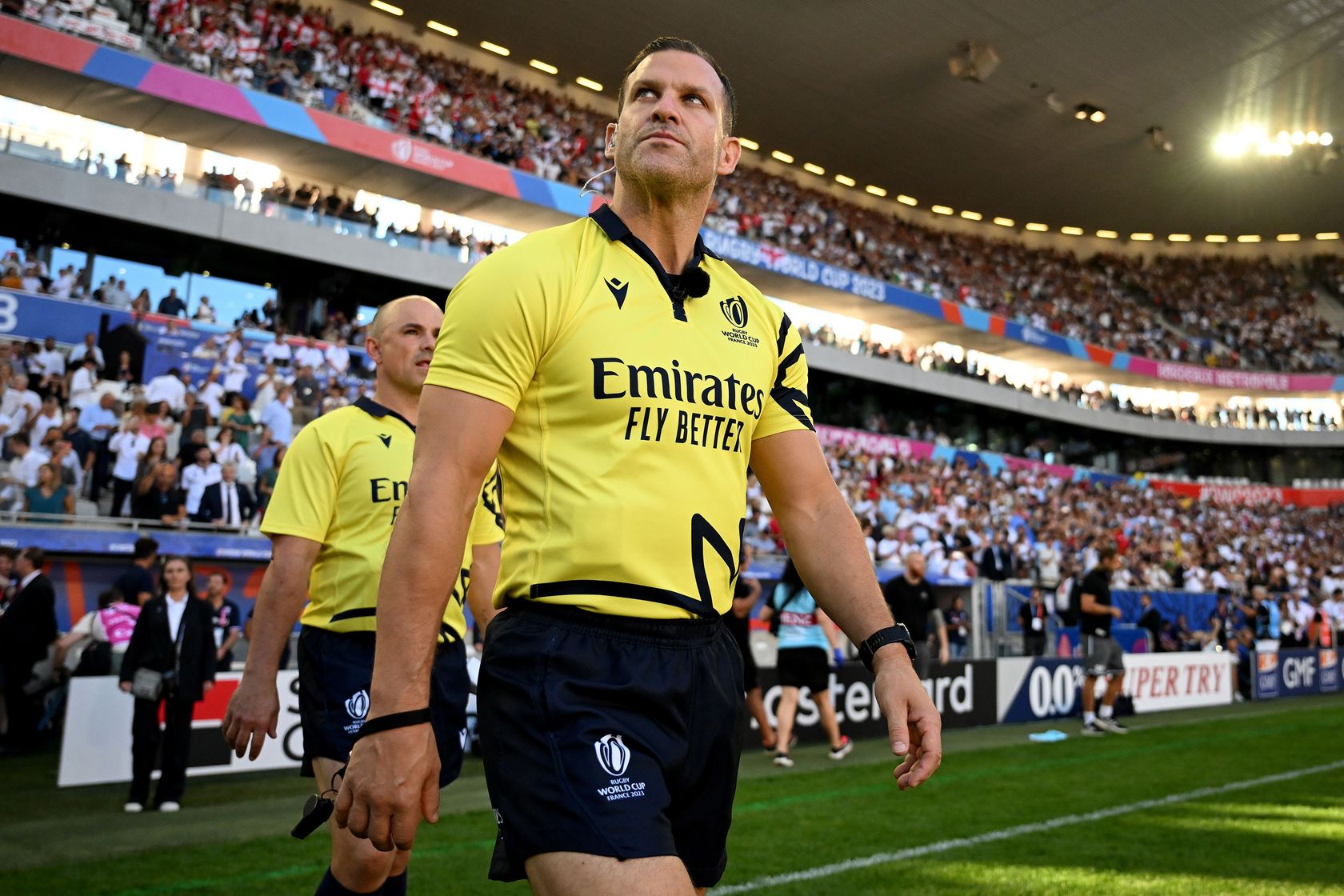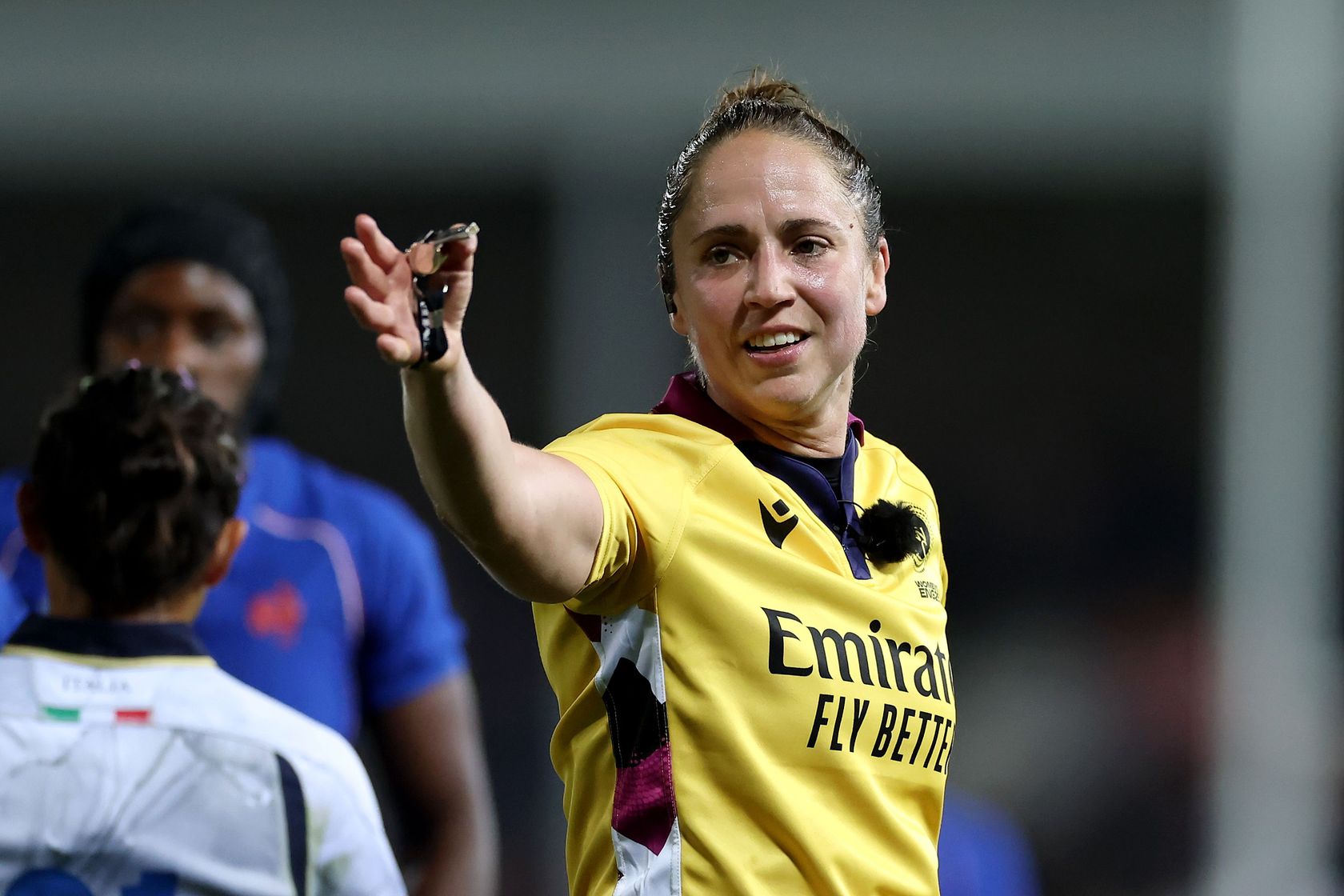Latest
-
![]()
Match officials World Rugby confirms Emirates Match Official appointments for Guinness Women’s Six Nations and Pacific Four Series 2026
Aimee Barrett-Theron will become the second female to referee 50 tests after the appointments were announced for the Guinness Women’s Six Nations, Pacific Four Series and the inaugural U21 Women’s Six Nations Series.
-
![]()
HSBC SVNS Argentina and Germany take the lead in HSBC SVNS 2 race with Nairobi wins
Promoted HSBC SVNS 3 women’s champions Argentina and Germany claim HSBC SVNS 2 gold in Kenya and lead the way in the race to the HSBC SVNS World Championship Series.
-
![]()
HSBC SVNS Kenya, USA and Argentina lead HSBC SVNS 2 pack in Nairobi
Argentina’s women and men’s sides USA and Kenya all unbeaten on day one of the inaugural HSBC SVNS 2 competition in Nairobi in front of a sell-out crowd in full party mode at Nyayo National Stadium.
-
![]()
HSBC SVNS HSBC SVNS 2: 12 teams set out on HSBC SVNS World Championship quest in Nairobi
Teams have landed in Nairobi ahead of the opening round of HSBC SVNS 2 this weekend, 14 and 15 February, at Nyayo National Stadium
-
![]()
Women in Rugby World Rugby launches Women in Rugby Careers Programme for 2026
World Rugby has launched the Women in Rugby Careers Programme, reinforcing its ongoing commitment to strengthening leadership and career pathways for women across the global game.
-
![]()
Women in Rugby Full Pacific Four Series schedule unveiled with fixtures heading to Sacramento, Kansas City and Chicago
World Rugby confirms the full Pacific Four Series 2026 schedule that will see USA host Australia, Canada and New Zealand with matches across three straight weekends in April.
-
![]()
HSBC SVNS New Zealand and South Africa add Perth gold to their HSBC SVNS collections
Black Ferns Sevens beat Australia in Perth to claim their third HSBC SVNS title of the season, while Blitzboks hang tough to win a physical encounter with Fiji for their second.
-
![]()
Media release Watch LIVE international sevens and 15s rugby on RugbyPass TV this February
RugbyPass TV (online and FAST) is the home of world-class rugby this February, delivering a blockbuster line-up of LIVE international sevens and 15s, available FREE to fans in select territories.
-
![]()
SVNS STRENGTH STYLED: HSBC SVNS introduces Hard as Nails ahead of Perth weekend
HSBC SVNS kicks off on Saturday, 7 February with World Rugby marking the occasion with the launch of 'Hard as Nails'. Celebrating style, strength and self-expression, players are set to showcase bespoke nail polish alongside the athleticism, resilience and physicality on display throughout the tournament.
-
![]()
SVNS HSBC SVNS action set to heat up in Perth
The HSBC SVNS spotlight turns to Perth this week as the world’s best sevens sides arrive in Western Australia. Australia’s women return to familiar turf, looking to defend their Perth crown and contend for the top spot on the SVNS league standings.
-
![]()
RWC 2027 Men’s Rugby World Cup 2027 schedule revealed with first tickets available from 18 February
The match schedule and ticket prices for Men’s Rugby World Cup Australia 2027 have been revealed, confirming dates, venues, and kick-off times for all 52 tournament matches. Fans and teams can now start planning their Rugby World Cup journey to Australia, with first tickets available from 18 February for registered fans in the exclusive Presale.
-
SVNS HSBC SVNS: Fiji and New Zealand claim Singapore titles
Fiji men's team reign supreme against France, while the Black Ferns Sevens overpower old adversaries Australia in Singapore.
-
![]()
RWC 2027 Mitsubishi Estate becomes Official Supporter of Men’s Rugby World Cup 2027
World Rugby today announced Mitsubishi Estate Co., Ltd. as an Official Supporter of Men’s Rugby World Cup 2027, further strengthening the tournament’s growing commercial family ahead of its return to Australia from 1 October to 13 November 2027.
-
![]()
HSBC SVNS Table positions at stake as HSBC SVNS Series heads to Singapore
The new-look HSBC SVNS Series arrives in Singapore this weekend for the third round of the season, with all 16 teams across the men’s and women’s competitions vying for crucial league points ahead of the three-tournament Championship later this year.
-
![]()
RWC 2027 World Rugby announces LIQUI MOLY as Official Partner of Rugby World Cups 2027 and 2029
World Rugby has today announced LIQUI MOLY as an Official Partner and the Official Motor Lubricants Partner of Men’s Rugby World Cup 2027 and Women’s Rugby World Cup 2029, both to be hosted in Australia. The multi‑event agreement strengthens World Rugby’s growing commercial family and aligns the sport with one of the world’s leading motor oil and additive specialists.
-
![]()
Media release World Rugby appoints Mark Robinson as Chief of Rugby
Former New Zealand Rugby Chief Executive Mark Robinson is to join World Rugby in May as its new Chief of Rugby.
-
![]()
World Rugby Charlotte Samuelson to step down as World Rugby Chief Operating Officer
World Rugby can confirm that Charlotte Samuelson will be stepping down as Chief Operating Officer at the end of January 2026.
-
![]()
RWC 2027 Eight state-of-the-art venues across Australia to host Men’s Rugby World Cup 2027
Men’s Rugby World Cup 2027 took an exciting step forward today with the announcement of the eight world-class stadiums that will host matches across seven Australian cities during the tournament.
-
![]()
Partnerships World Rugby extends official apparel partnership with Macron to 2029
World Rugby has confirmed the extension of its official apparel partnership with Macron through to 2029, reinforcing a collaboration in place since 2022 and highlighting a shared focus on quality, performance and innovation across the international game.
-
![]()
Match officials Sara Cox calls time on her international referee career
World Rugby Chair Brett Robinson has led the tributes to England’s Sara Cox, who today announced her retirement from refereeing on the international stage.



